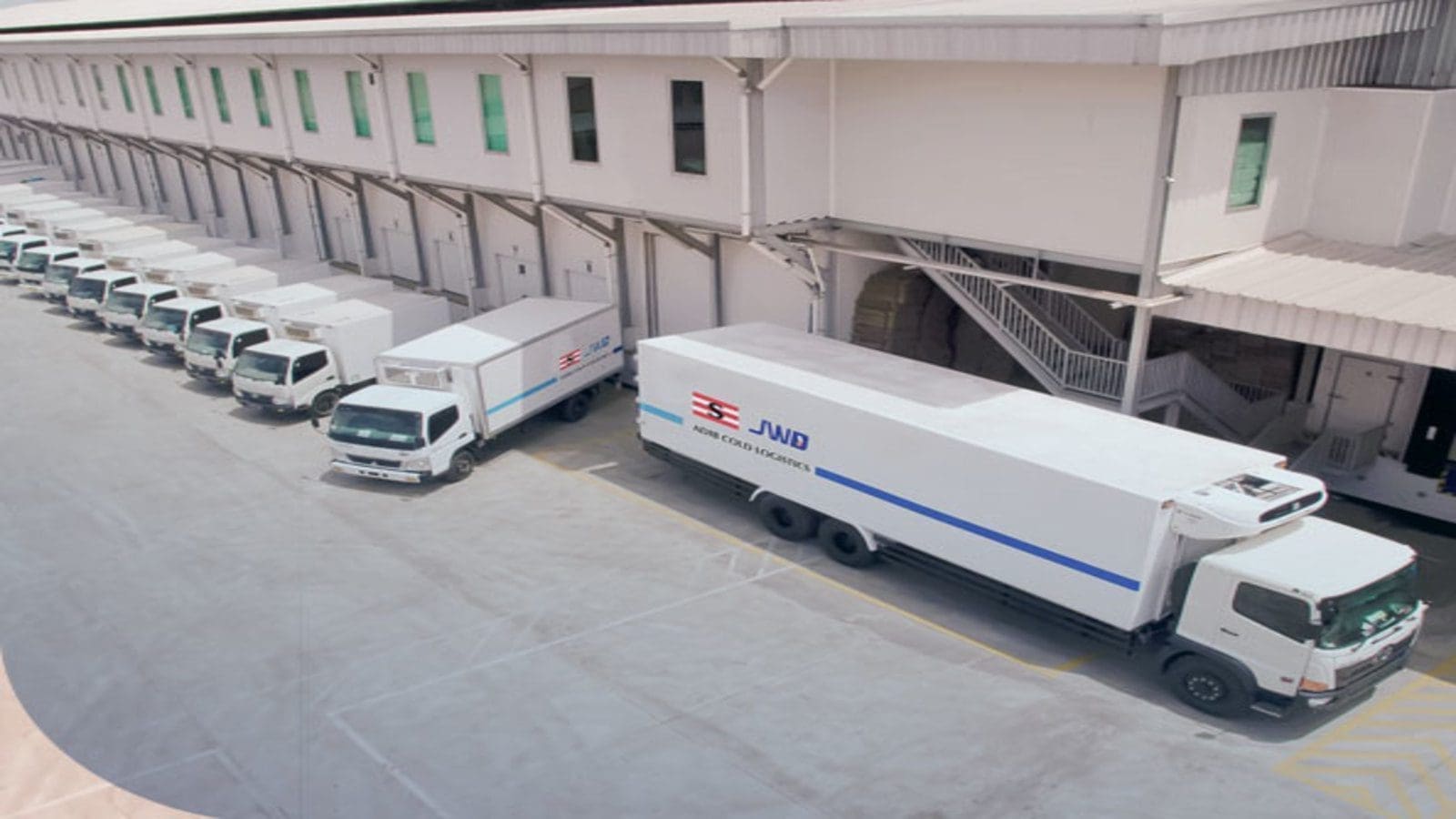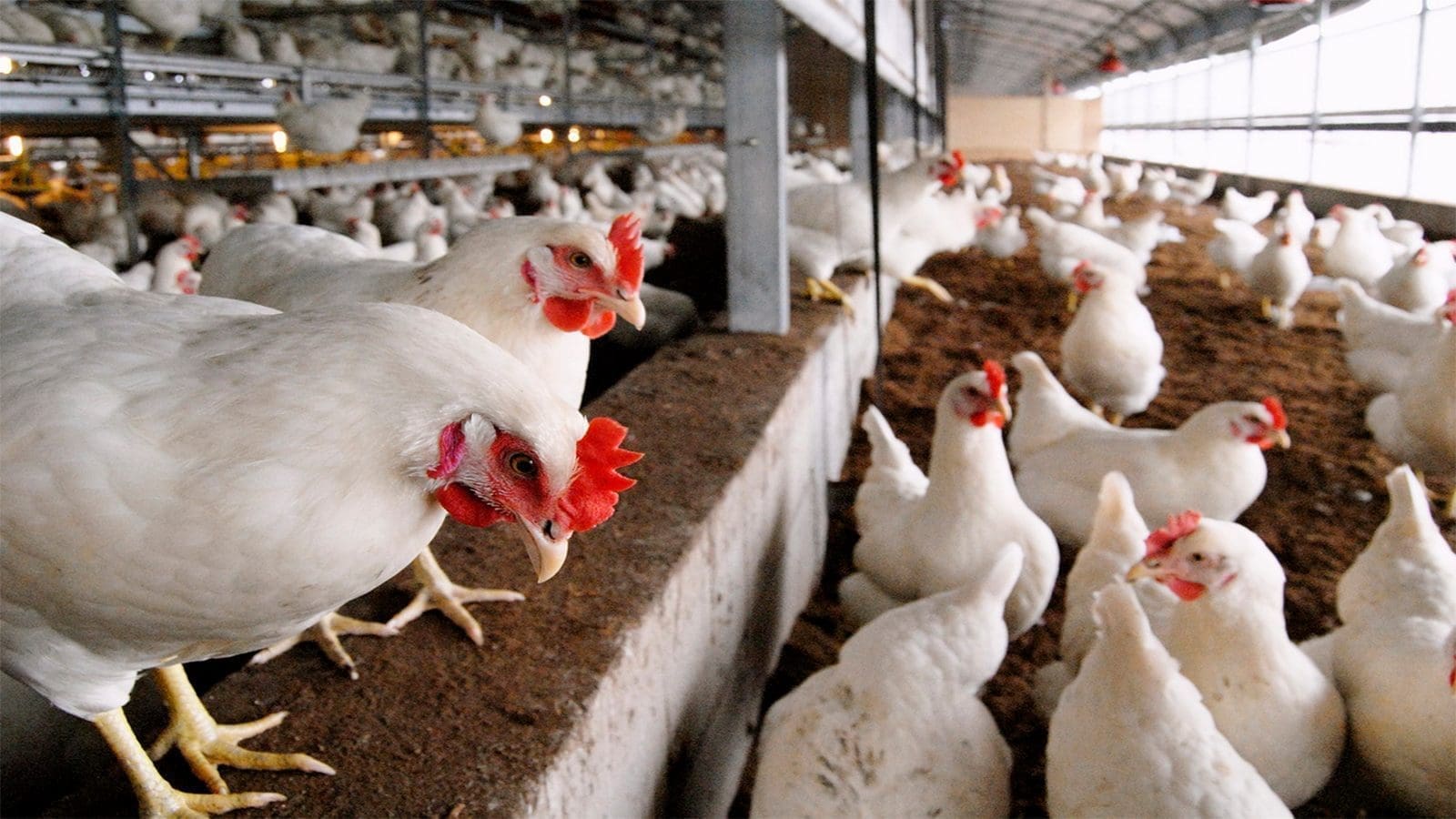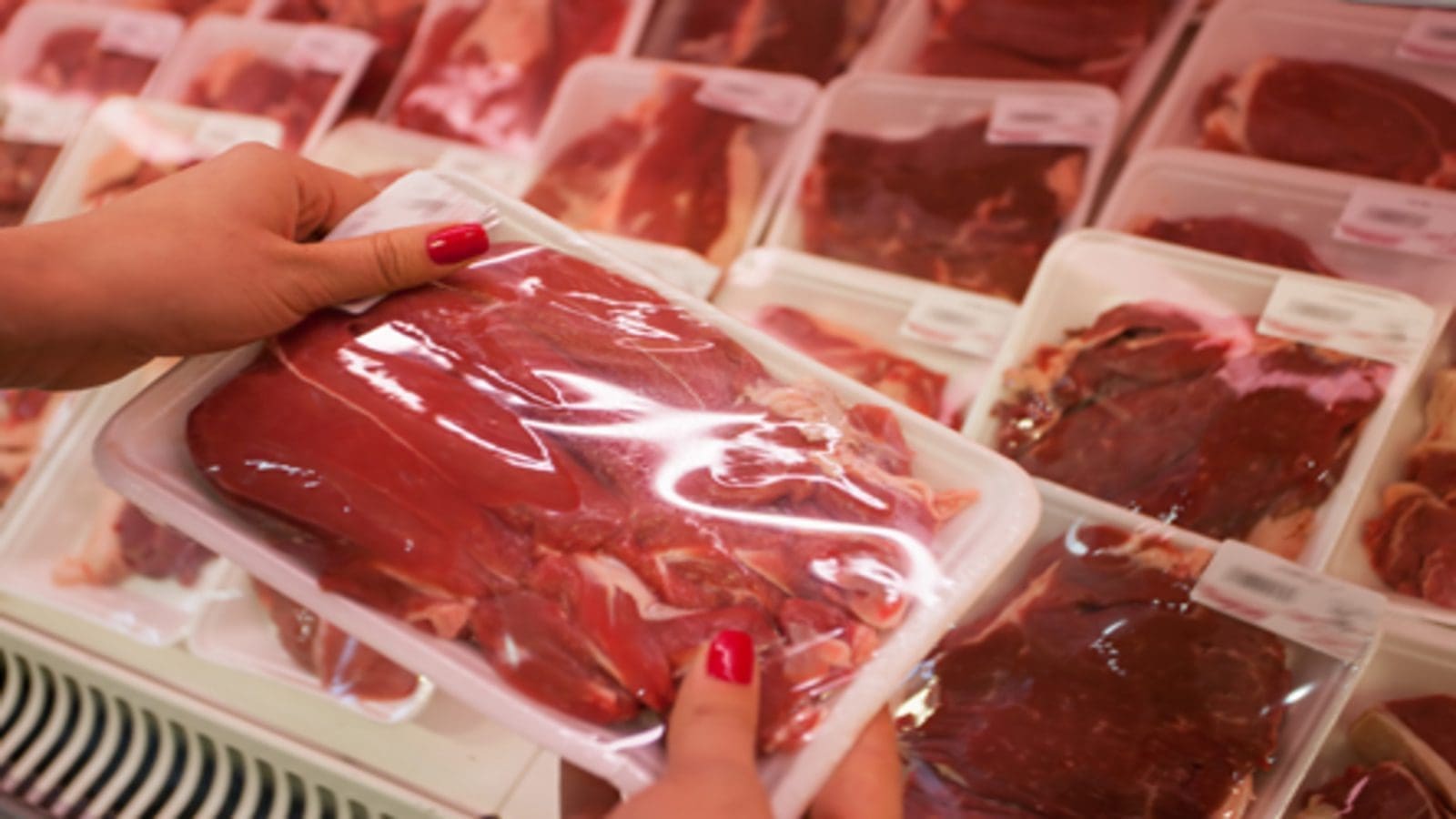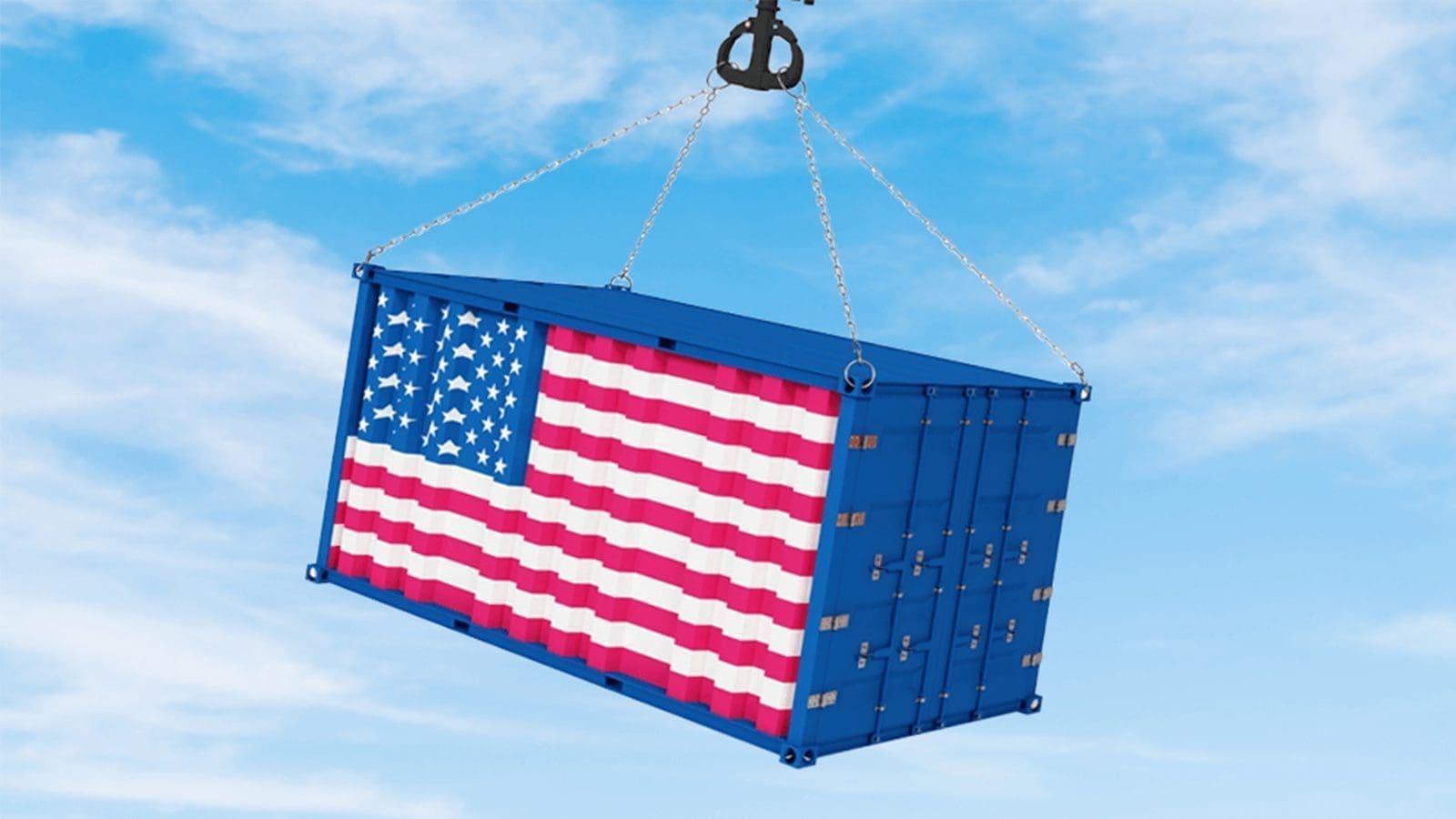KENYA – Supermarkets have moved to comply with an order by the standards regulator, Kenya Bureau of Standards (KEBS), to withdraw 27 maize and porridge flour brands over quality concerns.
The Retail Traders Association of Kenya (Retrak) said supermarkets had removed from their shelves the products in line with the KEBS order.
When asked whether members of the association had complied with the order, the Retrak CEO, Wambui Mbarire informed Business Daily that they had done so.
Retrak is the voice of the retail industry with the main objective being to provide retailers with a central representative body, to put across their agenda and retail trade concerns to government agencies, parliament and other bodies for their benefit.
KEBS had earlier banned 27 brands including Family, Pembe, Equatorial Ugali, Afya and Budget for failure to meet quality standards.
Other implicated brands include Tupike by Osho Grain Millers, Uwezo by Naivasha based Uwezo Maize Miller’s, Famila Nature’s the Original Food Ujimix, sour porridge by Unga Ltd among others.
It ordered manufacturers to stop production and distribution of the affected brands, and recall products already on shelves.
A spot check by Business Daily in various city stores showed workers have removed some of the affected brands.
Millers cry foul
Millers faulted KEBS after it banned the various flour brands, saying the agency did not follow due diligence.
The Cereal Millers Association (CMA) said in a statement that KEBS should have instead reached out to the affected firms to verify and validate results for each batch before going public on the matter.
The millers claimed that implementing the KEBS directives will be costly for them, both in terms of financial losses and damage to their brands in a competitive market.
However, KEBS Managing Director, Bernard Njiraini, disputed the claims stating that due process was followed before the maize meal brands were withdrawn from the market.
Njiraini maintained that the agency wrote to manufacturers before banning the sale of their “substandard” products.
He said that while the aflatoxin level requirement for maize is 10 parts per billion (ppb), there were instances of 100 ppb in the flours that were banned.
“We did the letters to manufacturers, telling them that they have not met this requirement, and to withdraw the products.”
Aflatoxin concerns
The bureau has in the past raised issues regarding aflatoxin levels, as well as misleading information on the level of nutrients in some flour brands.
This recall follows action by KEBS to recall 17 maize meal brands in the country in January 2020, due to Aflatoxins contamination after a major crackdown by the regulator.
Poor storage practices at the farm and across the grains value chain have been blamed for the prevalence of Aflatoxins in Kenya.
The country’s over reliance on maize sourced from its neighboring countries such as Uganda and Tanzania, and even further into the DRC, Malawi and Zambia means that Kenya is not the only country affected by the problem in the region.
The most severe aflatoxin outbreak documented to date occurred in Kenya in 2004, which took place in the former Makueni District, resulting in 317 cases and 125 deaths.
Liked this article? Subscribe to Food Safety Africa News, our regular email newsletters with the latest news insights from Africa and the World’s food safety, quality and compliance. SUBSCRIBE HERE








